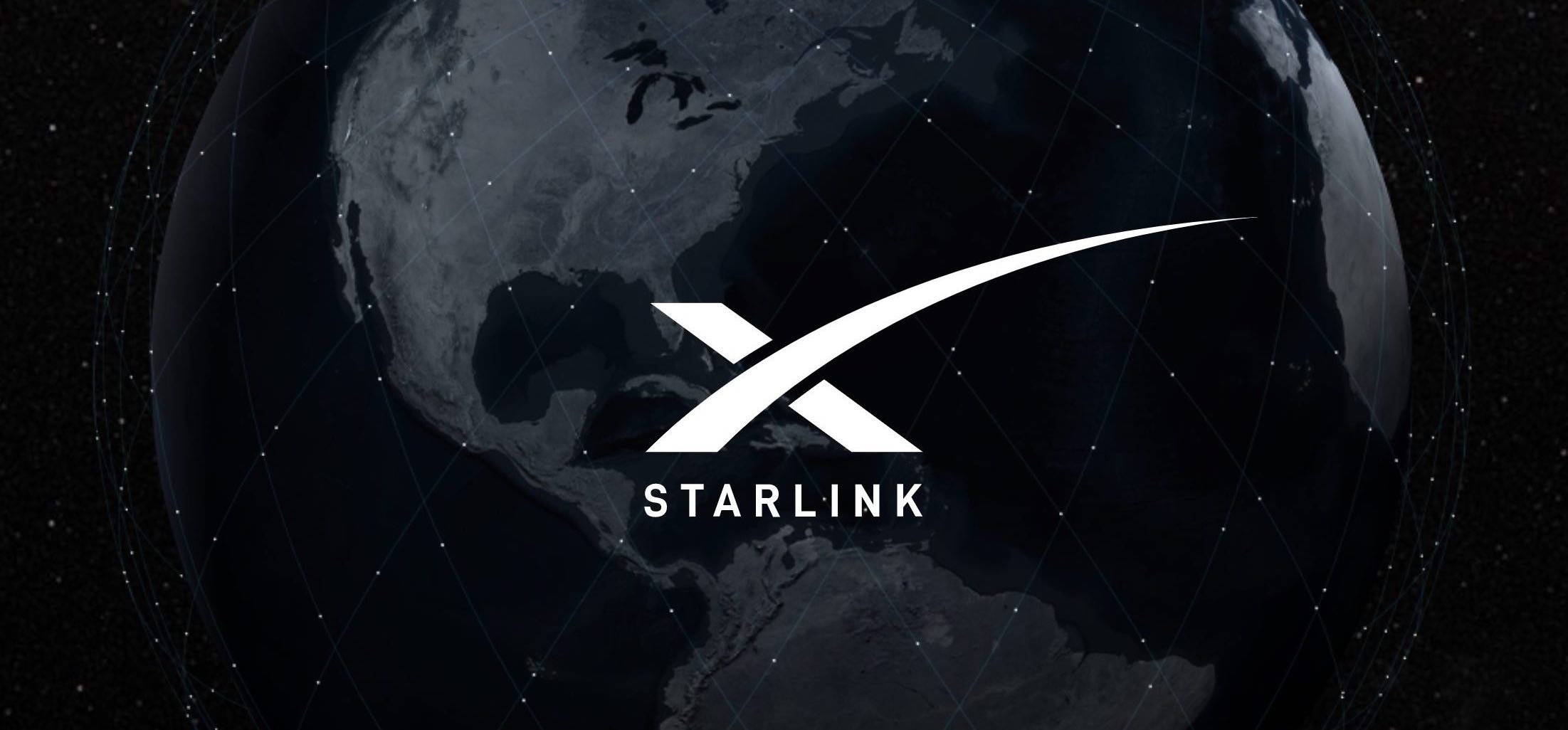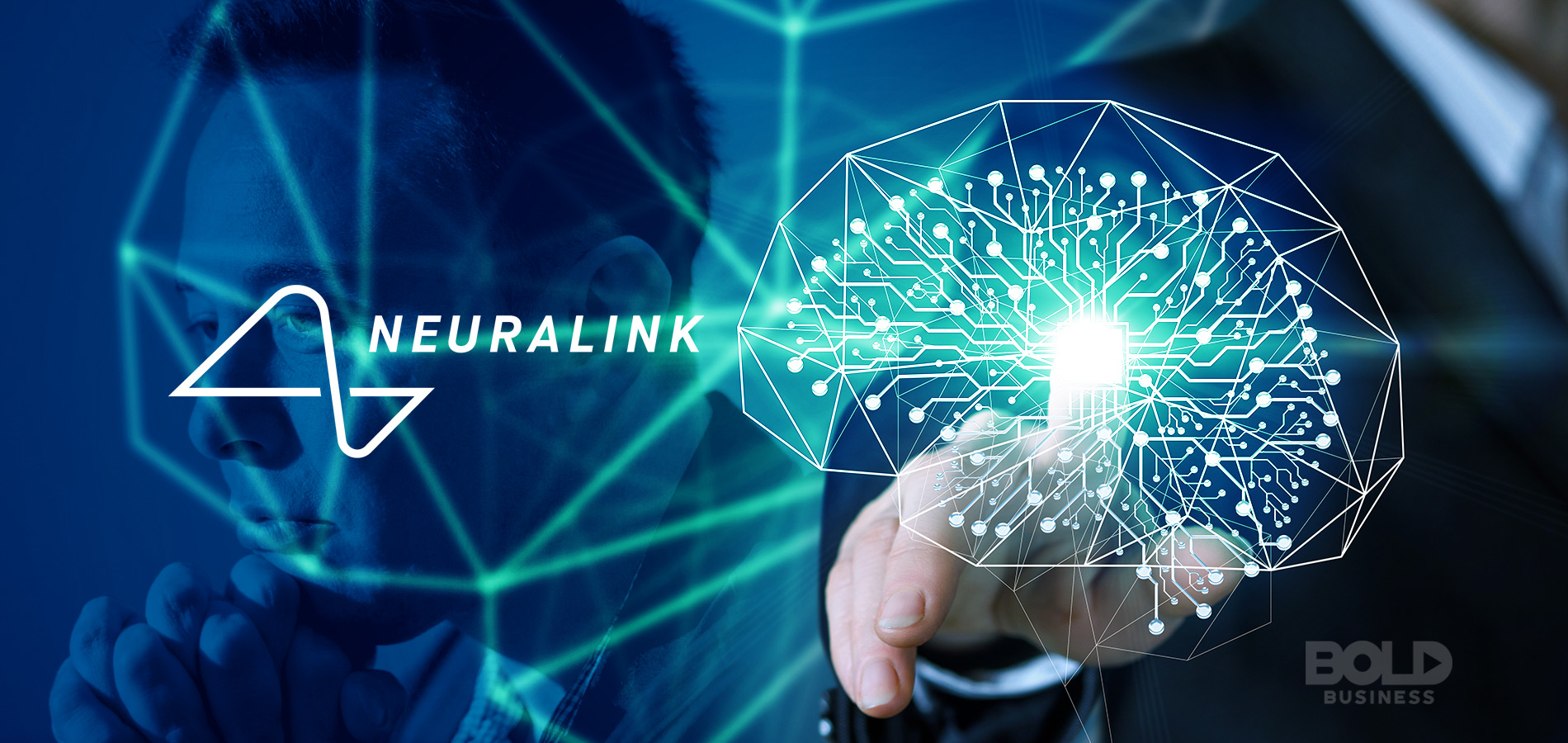I know it’s been a while since I talked about Neuralink. A few years ago, I followed news about this endeavor closely because I genuinely believed that brain/computer interfaces was an important technology to develop. These days, I still believe that. I think it has only become more vital as the progress in artificial intelligence has accelerated.
However, there’s a reason why I haven’t talked much about Neuralink in quite a while. I admit some of that is because some pretty significant world events got in the way of following technology trends. However, a much bigger part of my disinterest came from the one behind Neuralink, Elon Musk.
The long and short of it is this. I once respected and admired Elon Musk for his efforts to develop new and emerging technology. But then, once I started scrutinizing him, his background, his business practices, and his tendency to make ridiculous promises that he can never keep, I came to the conclusion that Elon Musk isn’t just an unscrupulous businessman. He’s an asshole.
Believe me, there’s a lot I could say about him, but I prefer not to. Insulting someone with billions of dollars and access to high-priced lawyers is risky these days. I’ll just say that the combination of COVID-19 and buying Twitter didn’t really break Musk. It just exposed the kind of person he really is and that person is not one worthy of respect.
Now, with respect to Neuralink, there is still some real value behind the company, the efforts, and the technology. Integrating the human brain with technology isn’t just a promising field. It might very well be necessary if humans are to adequately adapt to a future in which there will likely be machines much smarter and more capable than any person who has ever lived. Even if AI never becomes as intelligent as an average human, having humans that can interact with it on a more intimate level could fundamentally change our species and our society for the better.
And to that end, Neuralink has officially taken a critical first step. According to NPR, the company has successfully implanted its first brain chip into a human participant. We don’t know many details, nor do we know the identity of the person who received the chip. We only know what was conveyed in the announcement, which is rarely something you can take at face value with Elon Musk.
But even if you don’t trust Musk, and you shouldn’t, this feat has been in the works for a while. Neuralink has been actively recruiting volunteers for implants for over a year now. And this effort was authorized by the United States Food and Drug Administration. The primary participants, at least for now, are those who have suffered brain or spinal chord injuries. So, it’s not like Neuralink is accepting applications from those who just want a brain chip for no reason.
That approach is to be expected. Even Musk has said that the initial efforts with Neuralink will focus on helping paraplegics or those suffering from conditions like ALS. If and when the technology matures, then it’ll expand access to other users, but still for therapeutic purposes. Eventually, it would get to a point where brain implants aren’t just treatments. They would be like smartphones that people willingly purchase and have implanted.
And it’s that last part where I believe proponents of this technology should temper their hopes. Until we know more about the patients, the nature of the brain implants, and the impact on the participants, nobody should be eager to get one themselves. These brain implants are not about to become the next iPhone. This is a technology that needs much more investment, refinement, and development.
And if history is any guide, you really shouldn’t trust someone like Elon Musk to deliver that level of advancement. Despite the persona he tries to convey, he is not Tony Stark. He is not a brilliant scientist or inventor. He just hires those kinds of people and has a nasty habit of screwing them over.
He is, and always has been, a salesman first. He may very well be a genuine futurist trying to make a better future, but his tendency to get into petty feuds on social media and say objectively dumb things should give everyone pause. But at the end of the day, he’s an obscenely wealthy, incredibly out-of-touch businessman.
That means he likely sees Neuralink as just another business that he hopes will make him even richer than he already is. Even if he believes in the inherent value of the technology, he will exploit it for billions if it ever becomes a viable commercial product. That’s just how billionaires operate. And given the distressing tendency for billionaires to be psychopaths, it would be unwise to give Elon Musk or anyone like him access to your brain.
Now, I’ll say it again. This technology is important and what Neuralink achieved is a vital first step. The successful operation of one brain implant means it’s no longer on paper. This technology is officially real. Like the first person who drove a car or the first person to fly a plane, this is a major leap in our ongoing efforts to develop better and bolder technology.
We don’t know where this feat will lead or whether it’ll pan out in any meaningful way, but it’s worth being hesitant and a little extra cautious. It’s not wrong to trust in the sincere efforts of others who want to improve the lives of others. But it’s always wise to be skeptical of the intentions of unscrupulous billionaires with inflated egos.











